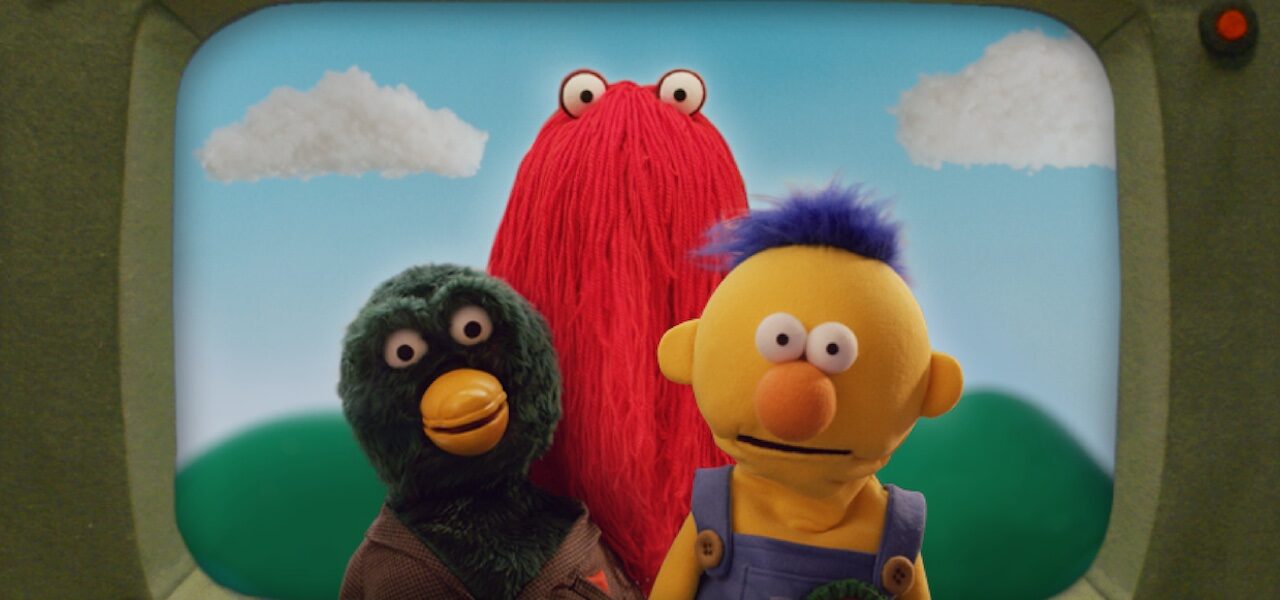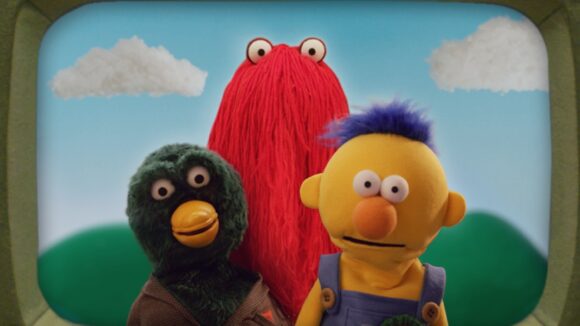

Explainer: Why The UK Government Axed The Young Audiences Content Fund
U.K. prime minister Boris Johnson may love Peppa Pig, but his Conservative government doesn’t seem too committed to kids’ shows in general. It has just abolished the Young Audiences Content Fund (YACF), a key source of funding for programming for under-18s in the country.
What has happened? The U.K. government has said it won’t renew the YACF after the three-year pilot, which had a budget of £44 million (USD$59.4 million), ends this month. Applications will close on February 25.
What actually is this fund? The YACF provides funding for the development of kids’ content, as well as up to half the production budgets of projects that have secured a broadcast commitment from a public-service broadcaster. It has funded 144 development projects and 55 productions. Twenty-four projects that received funding are in production and due to air within the next two years.
What animation did it finance? Lots. Examples include the preschool series Odo, which was picked up by Warnermedia’s Cartoonito block in the U.S.; another preschool series, Milo, which has gone to Cartoonito in Latin America; the darkly comic hybrid series Don’t Hug Me I’m Scared; the film Sol, which was aired in Scottish Gaelic and other local languages; Circle Square, from the Brothers McLeod; and Aardman’s upcoming Lloyd of the Flies.
Why was the YACF launched in the first place? When it started in 2019, British commercial broadcasters’ spending on children’s shows had been in freefall for years as ad revenue declined. The fund was set up to boost their programming and help them compete against the likes of Netflix and Youtube. There was a stated focus on programs from “new and diverse backgrounds” and those “made in the [U.K.] nations and regions.”
So why did the government pull the plug? A spokesperson said, “We are undertaking a wider review of public service broadcasting to ensure it remains relevant and can continue to meet the needs of U.K. audiences.” The government had already slashed the YACF’s budget from £57M to £44M last year.
Culture secretary Nadine Dorries said she had decided not to use funding from the BBC, the country’s public broadcaster, to finance the YACF — a somewhat misleading statement, as the YACF had so far been funded not by the BBC but by the government’s Department for Digital, Culture, Media, and Sport.
So where does that leave the BBC? The pubcaster is now likely to once again become the only major commissioner of kids’ tv in the U.K., much as it was before the YACF was launched. It has a sizeable budget for this kind of programming, and recently pledged to triple what it spends on animation for the 7–12 age group.
However, the BBC too is facing a budget squeeze: the government has just announced that it will freeze the user-paid licence fee, which accounts for the bulk of the organization’s income. “The days of state-run tv are over,” one source close to Dorries told The Guardian.
How has the media sector reacted? Trade bodies have expressed dismay at the abolition of the YACF. As Animation UK put it, “We need a new debate urgently focussing on the value of [public-service-broadcasting] content for children, its criticality, impact, and the most effective ways of addressing documented market failure and documented lack of investment in the U.K.-originated content over the last decade. To halt the funding of this new approach before this is done is both illogical and shows a disregard for the critical issue of children’s content.”
Meanwhile, the Children’s Media Foundation has called on the government to return to the YACF the £13M it took back last year. It has also said the fund could be financed by a levy on major streaming services — mirroring policy in other European nations — and enhanced contributions from the National Lottery, which funds cultural programs in the country.
Image at top: “Don’t Hug Me I’m Scared”

.png)